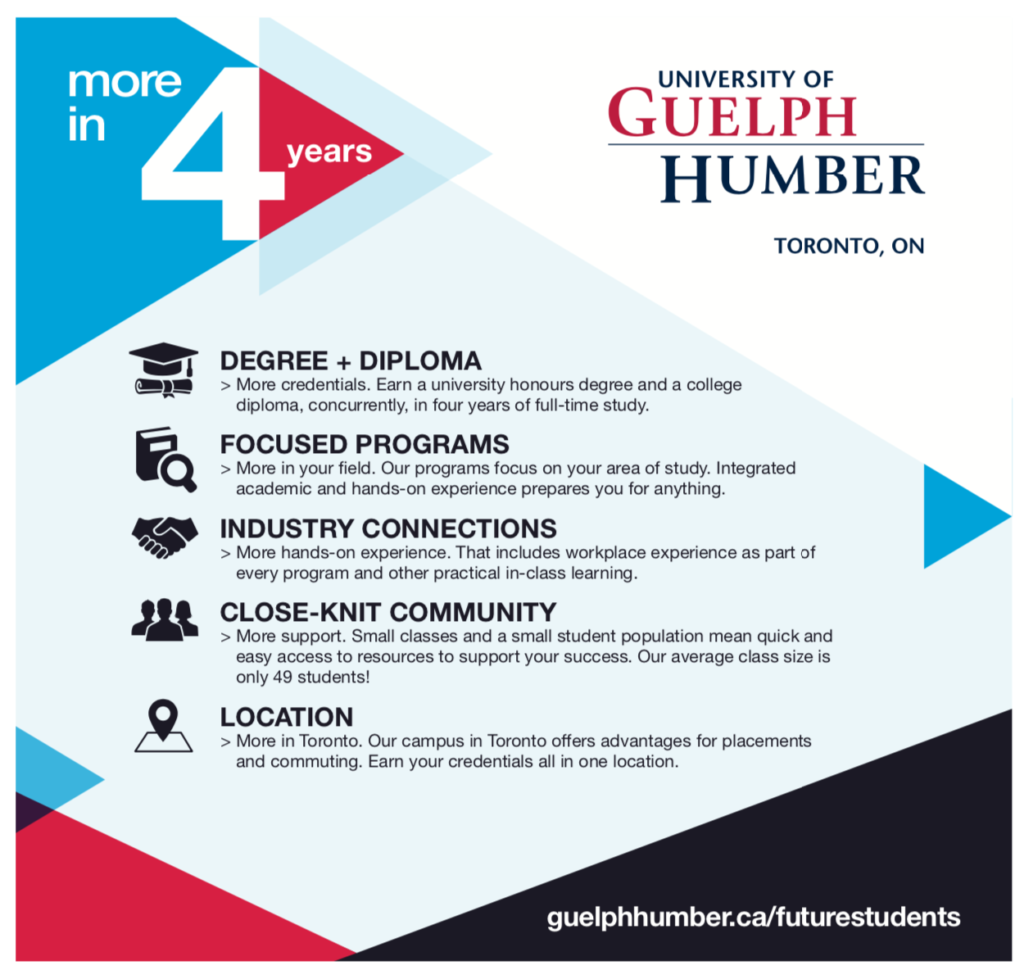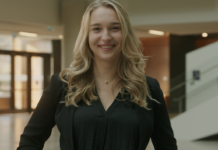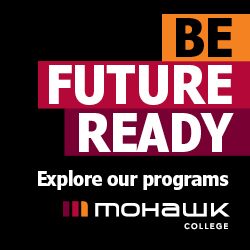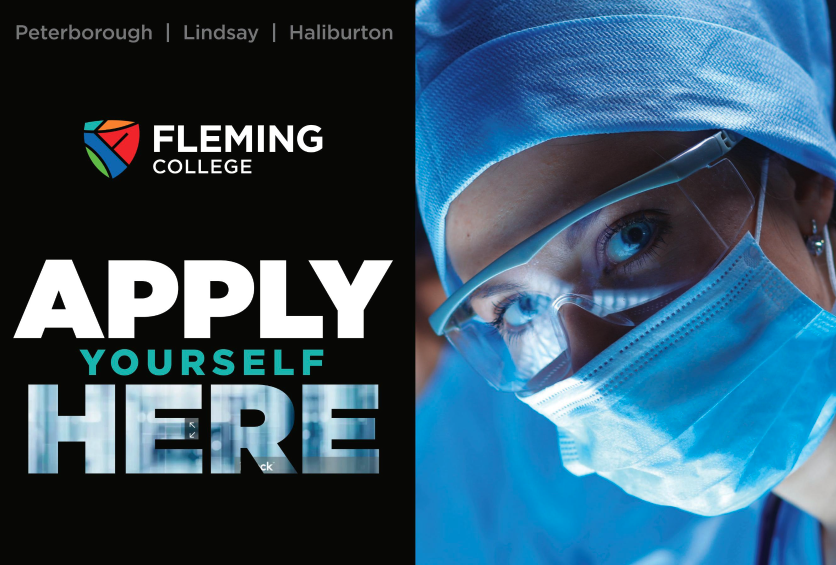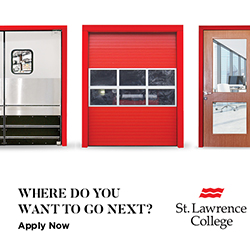Students have options. Take the time to give yourself the room to learn and grow.
Grade 12 student Najma Wuusuf says she once thought she would pursue nursing but she’s now looking at social sciences with an open mind about where that will lead her.
“My plan in first year is to take as many courses as I can and figure it out from there.”
That approach has her feeling more relaxed about the choices ahead than
she thought she would be.
“For my career path, I feel like I might go through several ideas because I’m kind of indecisive,” said the 17-year-old who attends Bernie Custis Secondary School (BCSS), a new high school in Hamilton. “So I will try out as many courses as I can.”
Many students haven’t settled on a career when they enter post secondary and that’s just fine, says Trish Wilson, head of student services at BCSS. She urges young people to be open to exploring courses across faculties, and to be unafraid to change their path if they find it’s not for them.
“Colleges and universities work so closely together now and you can transfer credits so much more now that you used to be able to,” she said. There are also many agreements in place between colleges and universities that allow students to earn a diploma and a degree, sometimes at the same time.
About 43 per cent of university students change their major or minor in the first two years of study, says Edie Kaus, an educational and career counsellor.
“I tell students to remember that college or university is your next stop, it’s not what you are going to do for the rest of your life. It’s the beginning of your path, so start with what you really enjoy and follow the path as it reveals itself.”
Consider a career counsellor
A career counsellor has timely, relevant and detailed information about what is happening in post secondary education and the job market. Counsellors provide honest evaluations of necessary marks, career prospects, and working conditions in any field you are thinking about.
They also have a range of career assessment tests that determine jobs that could fit well with your interests, strengths and personality.
“The students really get to know themselves better and that helps me match them with the right schools and programs,” says Kaus. “This is a really difficult choice to make at 17 years old.”
That is compounded by making decisions based on unrealistic expectations, misinformation or rumours, or the wishes of others that don’t reflect your own interests, says Kaus.
Talk to people in your fields of interest
Talk to your parents’ fields, relatives, neighbours, your friends’ parents and anyone else you can about their jobs. If there is an industry you’re interested in, reach out to someone in that position and find out about their day to day responsibilities, the potential career trajectory, and what it takes to succeed.
Allow some time and space
There is no point in forcing yourself to make a decision. After all, it’s the rest of your life you’re talking about, so give yourself time and space to explore. Many university programs in first year offer a wide sampling of social sciences, sciences, humanities or technology and colleges offer fundamentals programs that touch on a variety of fields.
